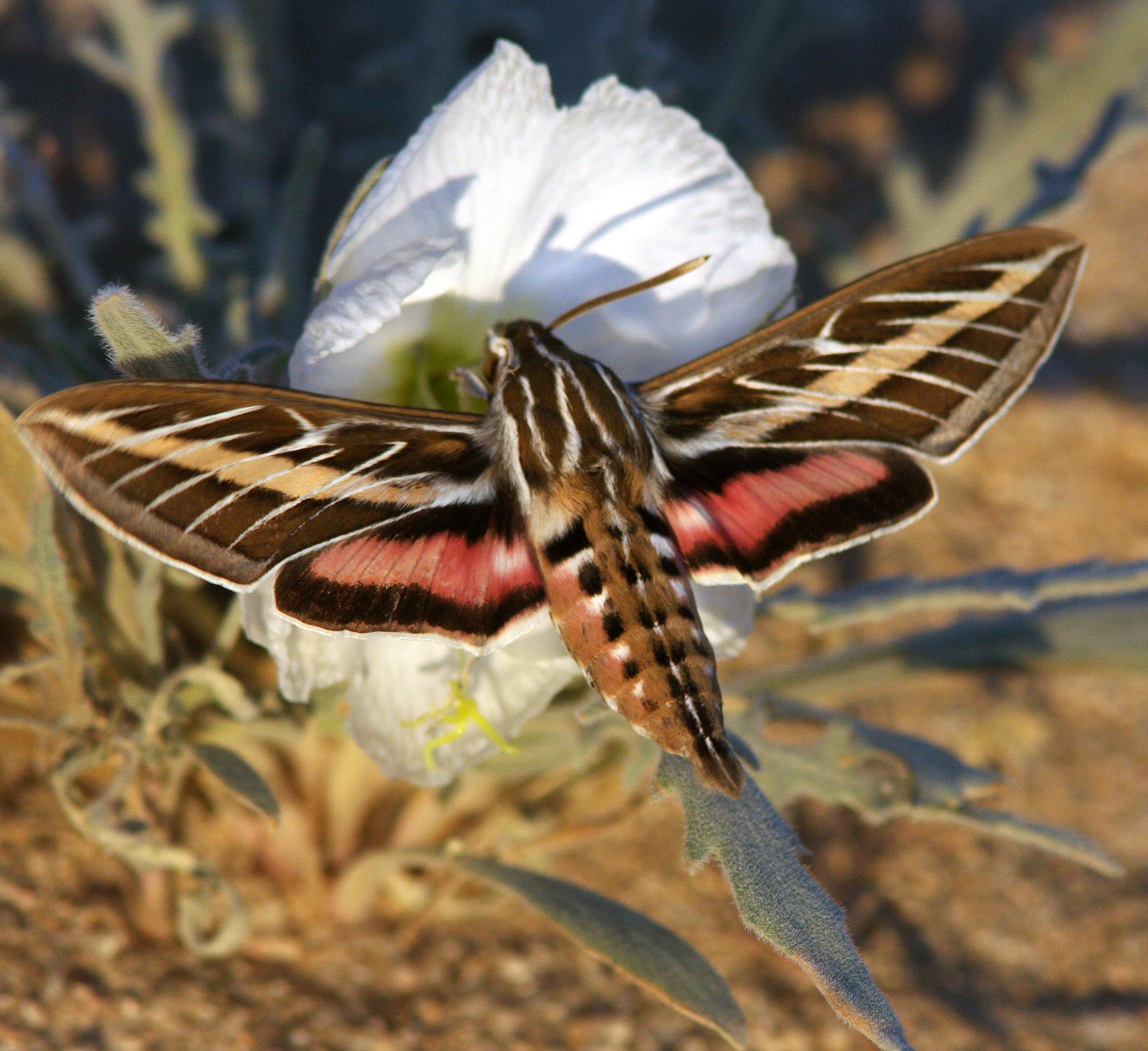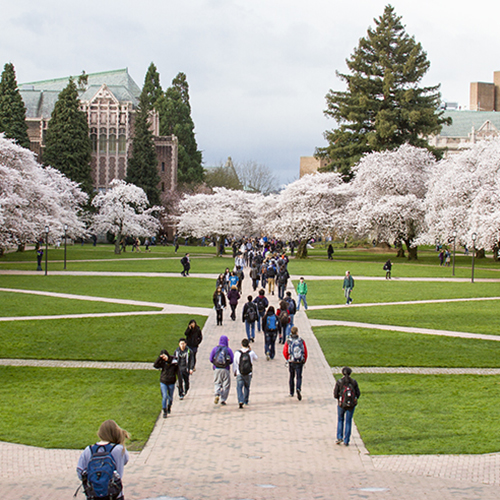-
Polluted flowers smell less sweet to pollinators, study finds
The research, involving primroses and hawk moths, suggests that air pollution could be interfering with plant reproduction. The UW's Jeff Riffell, professor of biology, and Joel Thornton, professor of atmospheric sciences, are quoted, and Jeremy Chan, a former graduate student, is pictured.02/12/2024 | The New York Times -
It seems like everyone you know is moving — they're not
Americans are moving within the country far less often than they once did. The peak of U.S. migration followed the end of World War II and lasted through the mid-1970s. But while overall migration is down, state-to-state moves are slowly on the rise again. James Gregory, professor and associate chair of history at the UW, is quoted.02/12/2024 | Business Insider -
UW's Burke Museum working with Native tribes to repatriate Indigenous artifacts
Museums across Washington state may no longer display some Native artifacts without permission under a new federal rule. The UW's Justice McNeeley, repatriation coordinator and assistant registrar at the Burke Museum; and Sara Gonzalez, associate professor of anthropology and curator of archaeology at the Burke Museum, are quoted.02/09/2024 | KUOW -
Air pollution messes with moths’ ability to smell flowers
Byproducts of car exhaust disrupt pollination by degrading the floral scents that insects use to track down their favorite plants, according to new research. The UW's Jeff Riffell, professor of biology, and Joel Thornton, professor of atmospheric sciences, are quoted.02/09/2024 | Popular Science -
How air pollution prevents pollinators from finding their flowers
Many animals rely on scent to make sense of the world. Pollution from smokestacks and tailpipes may be making them nose-blind. The UW's Jeff Riffell, professor of biology, and Joel Thornton, professor of atmospheric sciences, are quoted.02/09/2024 | The Washington Post -

Foul fumes pose pollinator problems
Scientists at the University of Washington have discovered that nighttime air pollution â coming primarily from car exhaust and power plant emissions â is responsible for a major drop in nighttime pollinator activity. Nitrate radicals (NO3) in the air degrade the scent chemicals released by a common wildflower, drastically reducing the scent-based cues that its chief pollinators rely on to locate the flower. The findings, published Feb. 9 in Science, are the first to show how nighttime pollution creates a chain of chemical reactions that degrades scent cues, leaving flowers undetectable by smell. The researchers also determined that pollution likely has worldwide impacts on pollination.02/08/2024 | UW News -
Seattle Art Museum removes Native objects amid new federal rules
The Seattle Art Museum will remove five Native American cultural items from public view, a spokesperson said Thursday. The museum said the items are all of Tlingit origin, a group Indigenous to what is now Southeast Alaska. They include three headdresses, a dagger and a staff. The UW's Justice McNeeley, repatriation coordinator and assistant registrar at the Burke Museum; and Sara Gonzalez, associate professor of anthropology and curator of archaeology at the Burke Museum, are quoted.02/05/2024 | The Seattle Times -
For-profit Tacoma ICE center blocks health and labor inspections
Conditions in the immigrant detention facility have garnered over 300 complaints, but a law to increase state oversight is still tied up in court. Angelina Godoy, professor of law, societies and justice and of international studies and director of the Center for Human Rights at the UW, is quoted.02/05/2024 | Crosscut -

Cool Courses for Spring 2024
It's time to think about spring quarter course registration! Check out these cool Arts & Sciences courses to be offered this spring.
02/02/2024 | College of Arts & Sciences -

A Closer Look at Teens & Digital Technology
The impact of digital technology on teens' mental health is the focus of a new course developed by Lucia Magis-Weinberg in the UW Department of Psychology.
February 2024 Perspectives